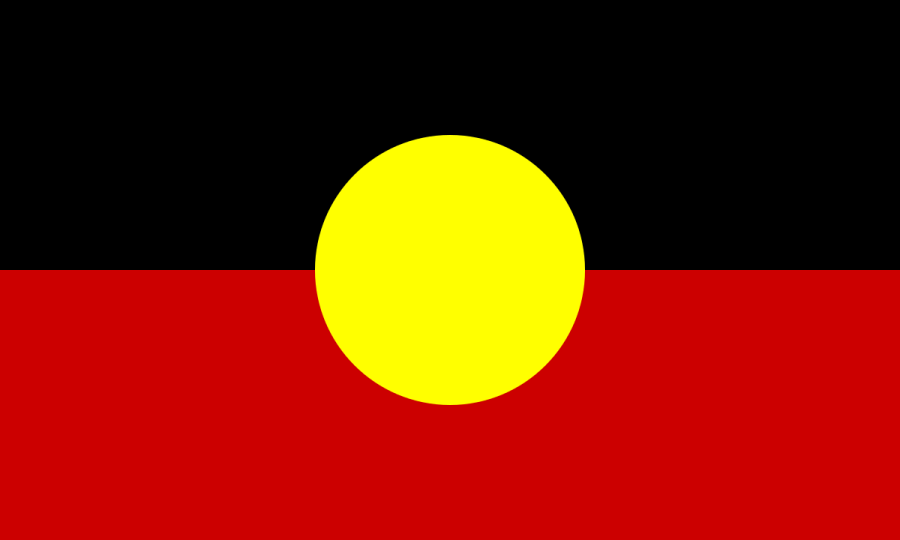Following a fact-finding visit to Australia in August, UN Special Rapporteur on the Situation of Human Rights and Fundamental Freedoms of Indigenous Peoples, James Anaya, has issued a report that is highly critical of the Northern Territories Emergency Response program. The program, which has been highly controversial among Indigenous communities, imposes a number of restrictions and allows the government to seize land and control individuals’ income, among other things. According to Anaya’s report, the program violates almost all of the human rights agreements that Australia is party to and also violates the country’s own human rights standards.
The legislation that underpins the Emergency Response program was hurriedly passed in 2007 in response to an investigation that found a shocking level of child abuse in rural Aboriginal communities. The laws, which involved no Indigenous consultation or involvement, were intended to solve that problem, but took an approach that caused more problems than it solved. For example, says Anaya, one provision in the program gave the government five-year leases on the lands of 64 Aboriginal communities, to allow the government to provide better housing. Those leases were set up with no input from Indigenous leaders, and gave the government complete control over the communities’ land. Another provision in the program allows the government to intervene in the functions of Aboriginal community councils and control how money is spent and services delivered. That same provision lets the government appoint its own service managers in the communities with no regard for community opinion.
One of the most egregious elements that Anaya cites diverts half of Aboriginal social security benefits to an “income management account” controlled by the government. “The quarantined funds,” Anaya writes, “can only be spent in specially licensed stores on ‘priority needs,’ such as food, clothing, and household items, using a bright green Basics Card that clearly identifies its holder as someone subject to income management. This regime applies to all those living in prescribed areas inhabited by indigenous peoples, regardless of whether or not they have responsibilities over children or have been shown to have problems managing income in the past.”
The laws also require signs at the entrance to Aboriginal communities prohibiting alcohol and pornography, a seemingly innocuous action that has had a profound impact on communities’ self-esteem. The problem, Anaya says, is that in addition to giving the government control over Indigenous land and money, the program is racist in its design. It applies only to Aboriginal areas, and it applies to communities as a whole, not just individuals who have demonstrated issues with child abuse. It stigmatizes all Aboriginal people, suggesting that they are, as a group, incapable of raising children safely, managing their money, or staying sober—a perception that seems to have informed the structure of the program from the beginning. Moreover, Anaya says, there is no indication that the program is working to solve the problem of child abuse.
There is a broader problem that Anaya points out, which is the effect of the program in reinforcing “perceptions of Indigenous Peoples as being somehow responsible for their present disadvantaged state.” He quotes a government review of the program that found that “there is a strong sense of injustice that Aboriginal people and their culture have been seen as exclusively responsible for problems within their communities that have arisen from decades of cumulative neglect by governments in failing to provide the most basic standards of health, housing, education, and ancillary services enjoyed by the wider Australian community.”
Anaya will present his full report to the United Nations Human Rights Council in September. In the meantime, he recommends dismantling the program and replacing it with something that respects Indigenous rights, involves Indigenous leaders, and has some hope of addressing the problem. The current Australian administration, which has been more favourable toward Aboriginal rights than the conservative administration that set up the Emergency Response program, says that it agrees with most of Anaya’s concerns, and will take steps to reform the program.

